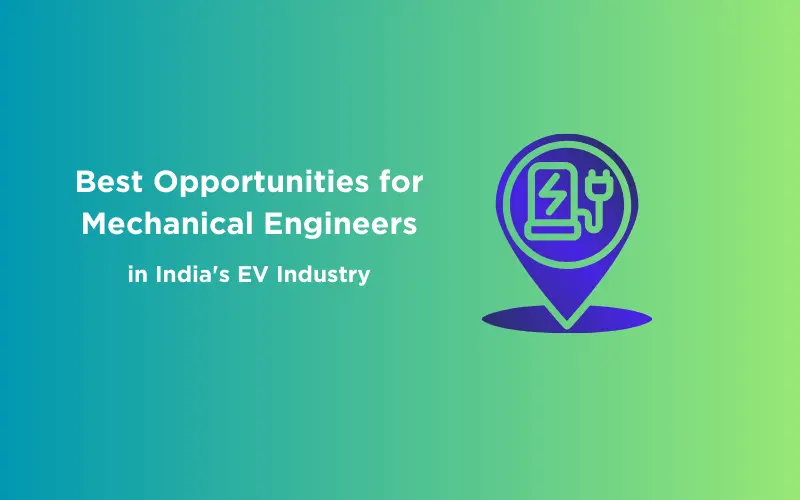
Best 9 Opportunities for Mechanical Engineers in India’s EV Industry
Sep 04, 2024 4 Min Read 4571 Views
(Last Updated)
As the electric vehicle (EV) industry accelerates in India, it brings with it a range of new opportunities for mechanical engineers. This shift from traditional combustion engines to advanced EVs is a technological leap and a transformative moment for the job market.
The opportunities for mechanical engineers in India are diversifying, challenging them to adapt and innovate in an industry undergoing rapid change. This blog aims to explore the evolving landscape of the EV industry and its implications for mechanical engineers.
Let’s try to understand how this shift is broadening the scope of mechanical engineers in the electronic vehicle industry, turning potential challenges into various career-expanding possibilities. From design and development roles to new frontiers in battery technology and vehicle automation, the future for mechanical engineers in this sector is as promising as it is exciting.
Table of contents
- Best 9 Opportunities for Mechanical Engineers in India's Electronic Vehicle Industry
- Understanding the Roadblocks: Key Challenges for Mechanical Engineers in India's EV Industry
- Wrapping Up
- Frequently asked questions
- How can mechanical engineers contribute to public awareness and education about EVs?
- What are some entry-level opportunities for mechanical engineers in the EV industry?
- Are there international opportunities for Indian mechanical engineers in the global EV industry?
- What part-time opportunities exist for mechanical engineers in the EV industry?
- Can mechanical engineers find opportunities to enhance the environmental sustainability of EV production processes?
Best 9 Opportunities for Mechanical Engineers in India’s Electronic Vehicle Industry
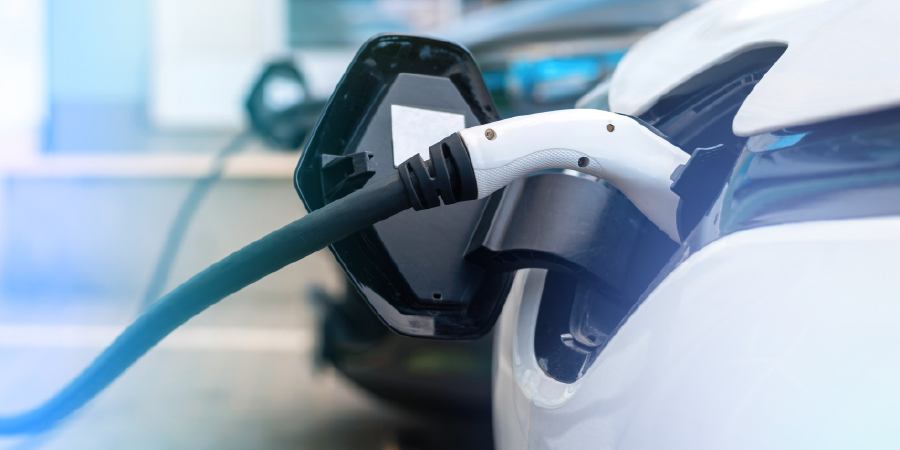
The growth of India’s EV industry brings various new opportunities for mechanical engineers, where they can leverage their expertise to make significant contributions.
We list the nine most promising areas where the opportunities for mechanical engineers in the EV industry in India are particularly striking.
1) Powertrain Design and Development
At the core of every electric vehicle is its powertrain, and mechanical engineers are crucial in designing and optimizing these systems.
This includes developing efficient motors, advanced transmissions, and effective battery systems.
The work of mechanical engineers in this area is foundational to the performance and efficiency of EVs, underscoring the critical role they play in the electronic vehicle industry.
Also Read: Generating Concepts for Product Design: Step-by-Step Guide [2024]
2) Battery Technology
Mechanical engineers are at the forefront of battery innovation. Their role extends beyond just designing; it’s about reinventing battery systems to be more efficient, safer, and more reliable.
This involves exploring new materials, developing advanced management systems, and ensuring that the batteries can meet the demands of modern EVs.
3) Chassis and Suspension
The design of the chassis and suspension in EVs is a complex task due to the additional weight of the battery packs.
Mechanical engineers must create structures that support this weight and ensure the vehicle’s stability and handling, proving essential to the vehicle’s overall functionality and safety.
4) Thermal Management
An often overlooked but critical aspect of EVs is thermal management.
Mechanical engineers develop systems to regulate the temperature of vital components like batteries and motors, ensuring they operate within optimal ranges, thus safeguarding performance and prolonging the lifespan of these components.
5) Energy Regeneration Systems
Mechanical engineers are vital in designing systems that convert kinetic energy back into electrical energy, such as regenerative braking systems.
This not only improves the efficiency of EVs but also enhances their range, making them more practical and appealing to consumers.
Explore Promising Scope of Mechanical Engineering in India in 2024
6) Vehicle Aerodynamics
The aerodynamics of a vehicle significantly impacts its efficiency.
Mechanical engineers work on designing the vehicle’s shape to reduce drag, thereby improving energy efficiency and range, a crucial factor in the acceptance and success of EVs.
Before we move on to the next part, you should have a deeper knowledge of key mechanical engineering concepts. You can consider enrolling yourself in GUVI’s CAD Program for Mechanical Engineers, which lets you gain practical experience by developing real-world projects and covers technologies including AutoCAD, Solidworks, CATIA, Ansys, GD & T, etc.
Additionally, if you would like to explore AutoCAD for Mechanical Engineering through a self-paced course, you can take GUVI’s AutoCAD Mechanical Certification Course.
7) Autonomous and Connected Systems
As the future leans towards autonomous and connected vehicles, mechanical engineers are instrumental in integrating advanced technologies like sensors and cameras.
Their expertise ensures these systems are seamlessly incorporated into the vehicle’s design, enhancing safety and user experience.
8) Infrastructure Development
Beyond vehicle design, mechanical engineers are also involved in developing the infrastructure that supports EVs, such as charging stations.
This includes planning, designing, and implementing charging solutions that are accessible and efficient.
9) Safety and Compliance
Perhaps one of the most critical areas, safety, and compliance, sees mechanical engineers ensuring that EVs adhere to stringent safety standards.
Their work involves enhancing crashworthiness, occupant protection, and the safe operation of electrical systems, a distinct and vital role in the EV industry.
Also read | Roles & Responsibilities of a Mechanical Engineer
Understanding the Roadblocks: Key Challenges for Mechanical Engineers in India’s EV Industry
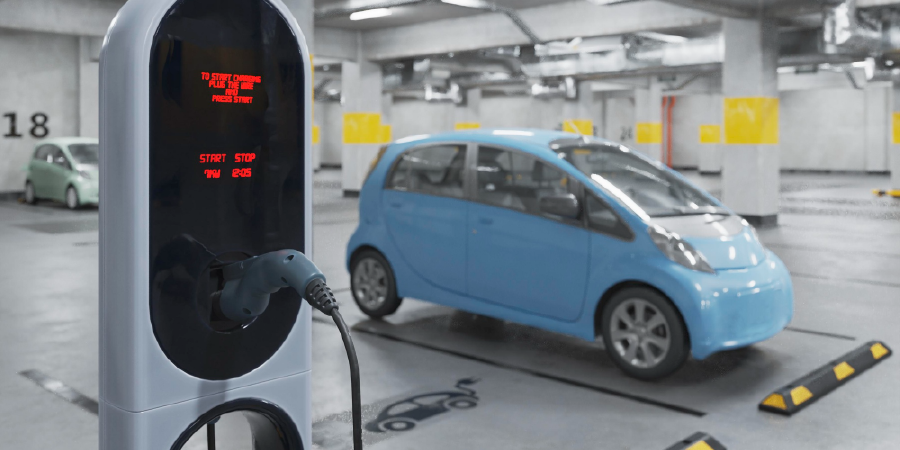
While India’s EV industry is ripe with opportunities, it presents unique challenges for mechanical engineers. These challenges often hinder professionals from fully unleashing their potential.
Let’s address the key challenges for mechanical engineers in India’s EV industry, understanding what impedes progress and how they can navigate these roadblocks:
1) Bridging the Skill Gap and Enhancing Training
The Indian EV industry is growing, yet it faces a significant challenge in the form of a skill gap.
As this sector is relatively new and continually evolving, there is a pressing need for skilled professionals trained in the latest EV technologies.
Mechanical engineers must constantly update their skills and knowledge to stay relevant, necessitating enhanced training programs and continuous professional development.
Find Out the Best Websites to Learn Mechanical Engineering
2) Keeping Pace with Rapid Technological Advancements
The EV industry is characterized by swift technological innovations, especially in battery technology, motor efficiency, and overall vehicle systems.
Mechanical engineers face the challenge of keeping pace with these advancements to ensure they design and develop state-of-the-art solutions.
This requires a commitment to lifelong learning and staying abreast of emerging trends and technologies.
Also Know About 6 Mechanical Engineering Webinars and Workshops That You Should Know
3) Mastering the Integration of Mechanical and Electrical Systems
As EVs incorporate mechanical and electrical components, engineers must develop expertise in both areas.
This integration is crucial for the optimal performance and efficiency of EVs.
Mechanical engineers must also collaborate closely with electrical engineers and other specialists, which can be challenging but essential for developing cohesive and effective vehicle systems.
4) Balancing Cost and Quality
One of the critical challenges in the EV industry is to design cost-effective solutions without compromising performance, reliability, and safety.
Mechanical engineers must navigate these competing demands, finding innovative ways to reduce costs while maintaining high quality and safety standards.
5) Overcoming EV Infrastructure Development Hurdles
The expansion of the EV charging infrastructure in India faces its own set of challenges.
These include issues related to infrastructure planning, finding suitable locations for charging stations, integrating these stations with the grid, and standardizing the infrastructure.
Mechanical engineers play a pivotal role in addressing these challenges, ensuring the development of a robust and efficient EV infrastructure.
Kickstart your career by enrolling in GUVI’s CAD Career Program for Mechanical Engineers where you will master technologies including AutoCAD, Solidworks, CATIA, Ansys, GD & T, etc, and build interesting real-life mechanical projects.
Alternatively, if you would like to explore AutoCAD for Mechanical Engineering through a self-paced course, you can take GUVI’s AutoCAD Mechanical Certification Course.
Wrapping Up
Despite the challenges, the scope for innovation and career growth in the EV sector is substantial and continuously expanding. According to the Economic Survey Report, the EV industry in India is likely to grow at a compound annual rate of 49% between 2022 and 2030.
With the current trend, it is evident that mechanical engineers in India will likely witness transformation in their traditional roles and become pivotal players in driving the EV revolution forward.
Frequently asked questions
How can mechanical engineers contribute to public awareness and education about EVs?
Mechanical engineers can play a role in educating the public about the benefits of EVs, participating in community outreach programs, and creating informative content about EV technologies.
What are some entry-level opportunities for mechanical engineers in the EV industry?
Entry-level mechanical engineers can find opportunities to assist with the basic design and testing of EV components, quality control, and participating in interdisciplinary teams to gain industry experience.
Are there international opportunities for Indian mechanical engineers in the global EV industry?
Yes, Indian mechanical engineers can find opportunities in global markets, especially in countries leading in EV technology, by leveraging their expertise and adapting to international standards and practices.
What part-time opportunities exist for mechanical engineers in the EV industry?
Part-time opportunities may include consultancy roles, project-based work, or contributing to research and development projects in academia or industry collaborations.
Can mechanical engineers find opportunities to enhance the environmental sustainability of EV production processes?
Yes, there are opportunities to innovate sustainable manufacturing processes for EVs, focusing on reducing carbon footprint and waste.



















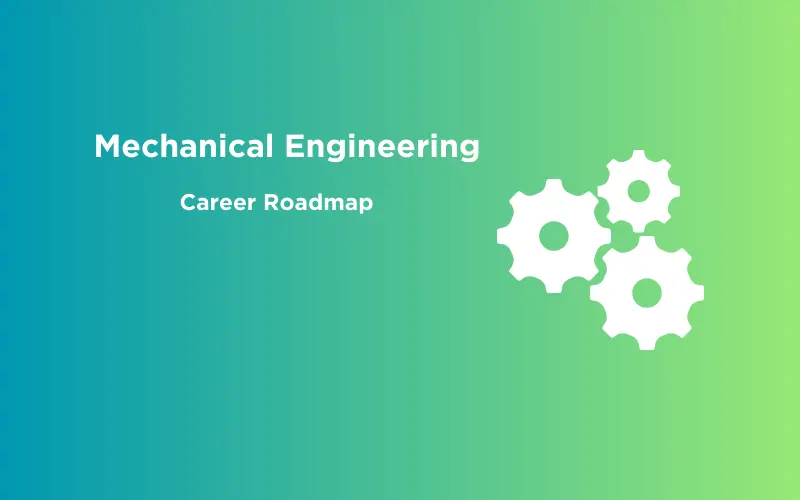


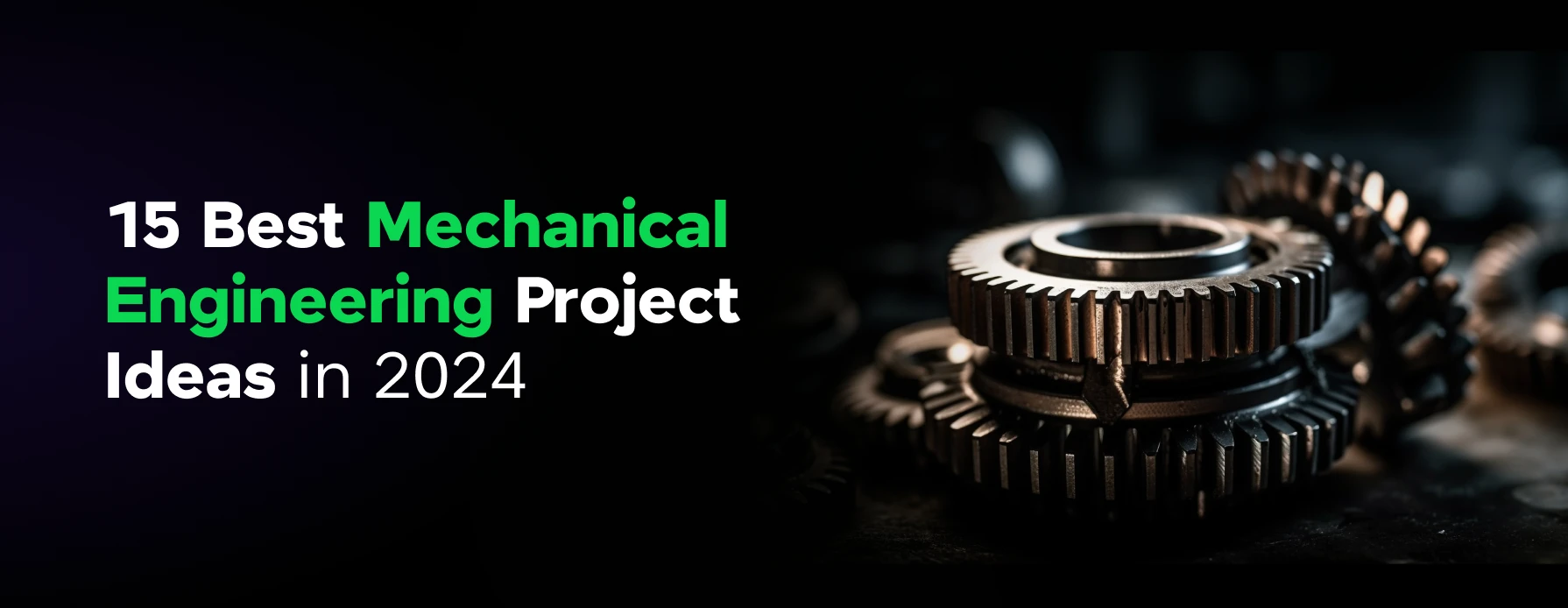


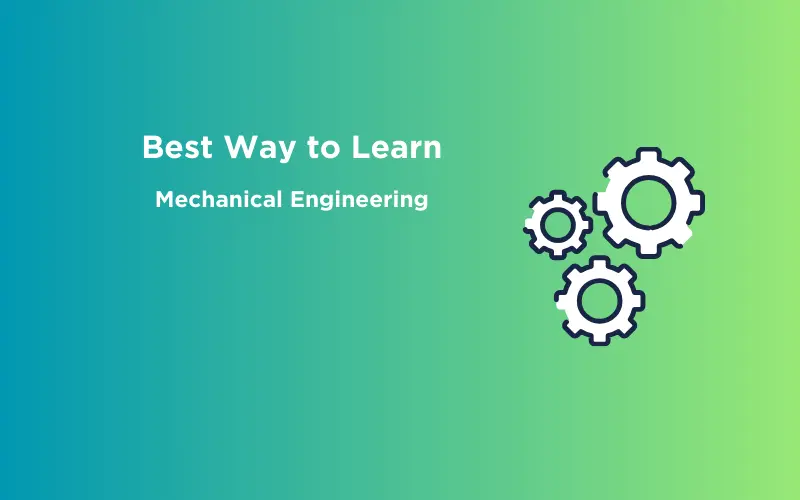
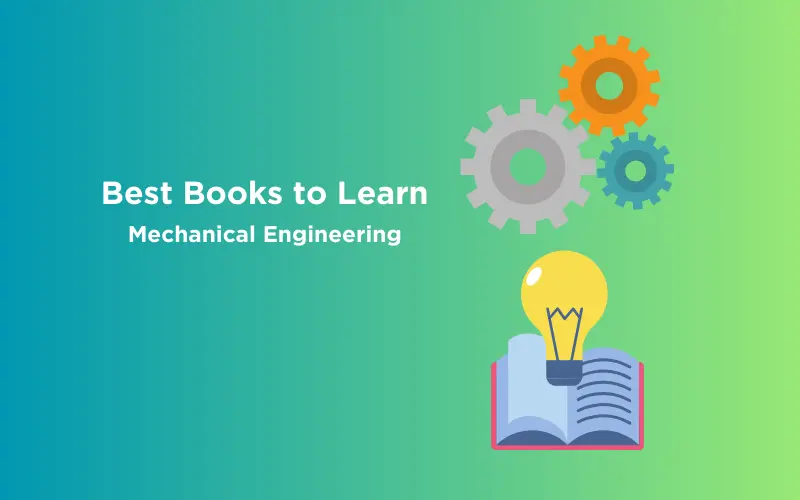
Did you enjoy this article?